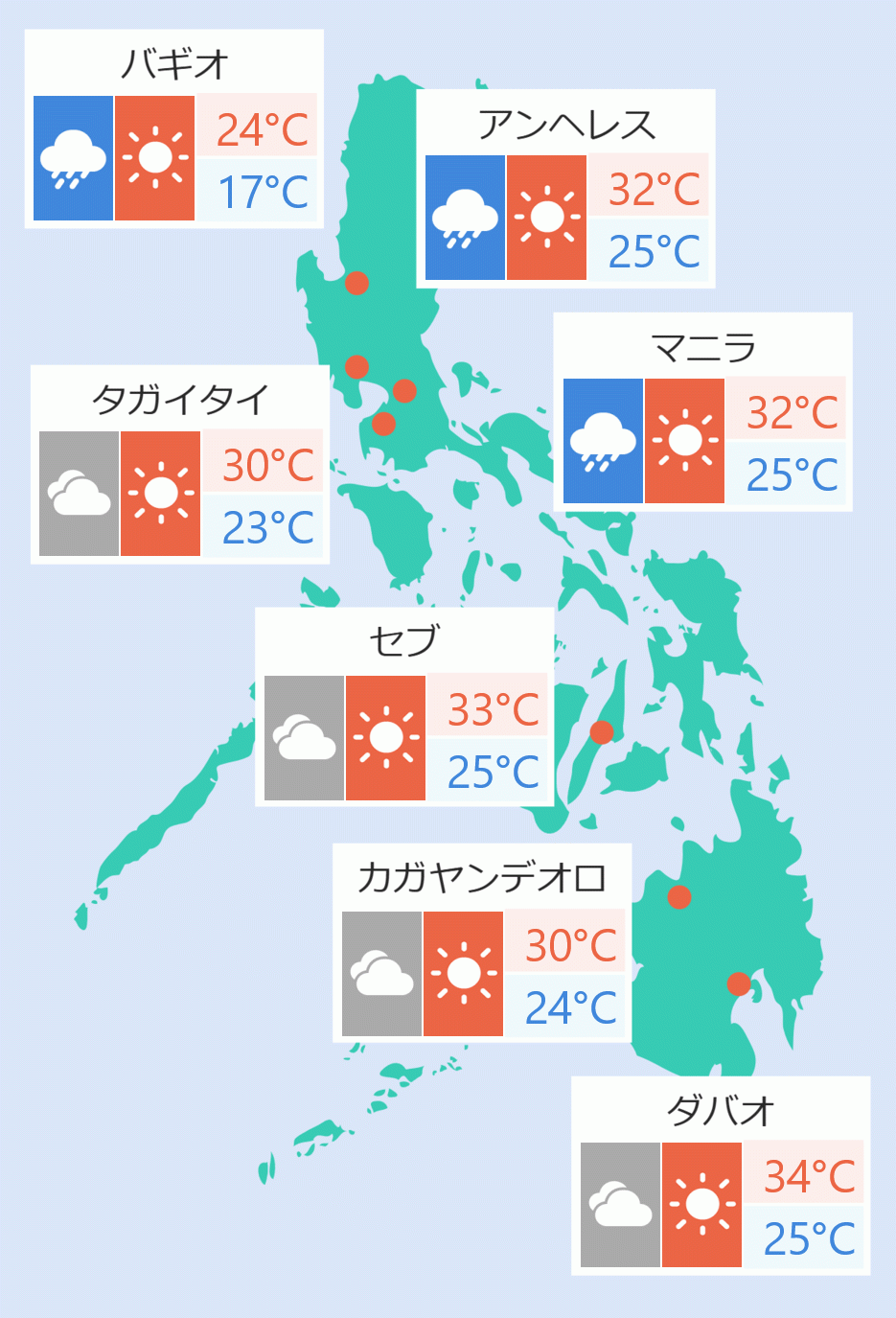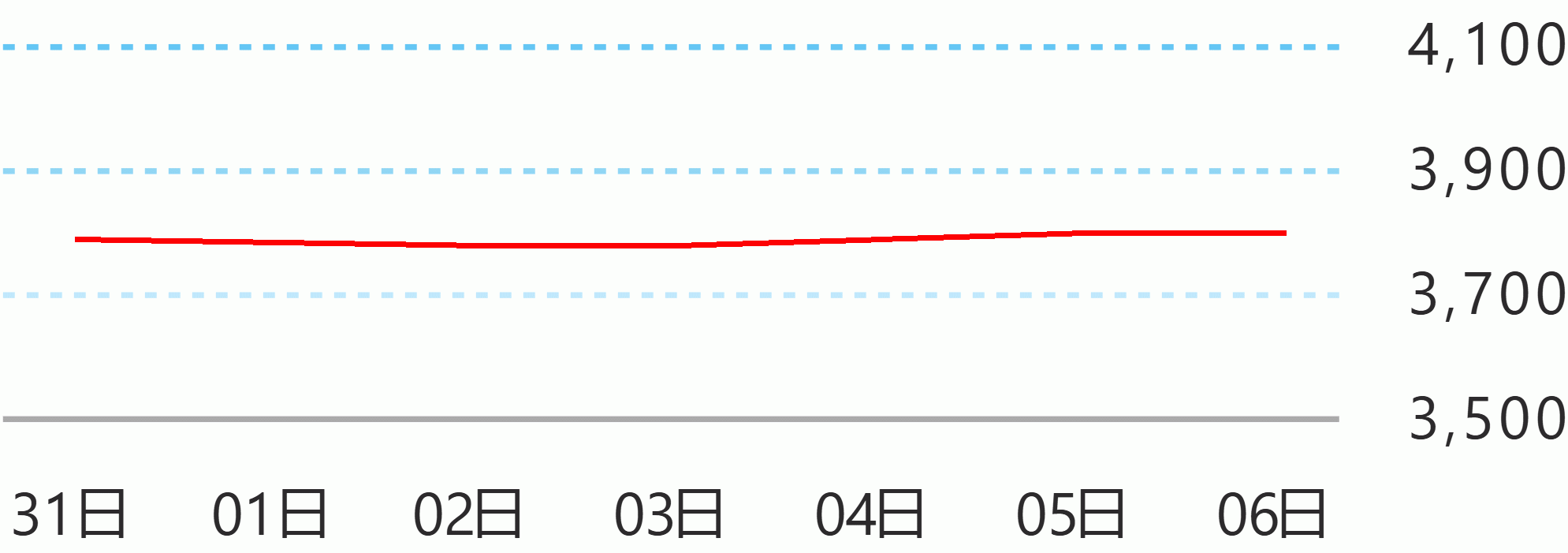Outgoing National Economic and Development Authority (NEDA) Secretary Karl Kendrick Chua said Monday that face-to-face classes have to be fully implemented because the “recovery of the education sector has significantly lagged behind”.
Chua said that his son Ashby had spent kindergarten to Grade 1 entirely online but as a Grade 2 student, he only goes to the classroom every other day due to school restrictions.
“He is now in Grade 2 and is only going to school every other week due to an existing one-meter rule inside the classroom that effectively reduced capacity to just 50 percent. This obsolete rule has to go, especially since the entire country is in Alert Level 1 or 2,” he told an online press briefing.
“Ashby and other children can go to the malls, play in the streets, and even travel, yet they cannot fully have face-to-face classes. This is very unfortunate. For many Filipinos who do not have power, money, or influence, a good education serves as the stepping stone to realizing their potential and securing a better future. I was one of them,” he added.
''With all our children safely back inside their classrooms, our recovery from the pandemic will be stronger and their future more secure,'' said Chua.
Chua said that he had discussed with outgoing Education Secretary Leonor Briones and her successor, Vice President-elect Sara Duterte about removing these class restrictions.
He said some key programs and laws that were passed during President Rodrigo’s administration including the Build, Build, Build infrastructure program, the Comprehensive Tax Reform Program, Ease of Doing Business Act, and amendments to the Retail Trade Liberalization Act among others.
Chua also said that last year, many executive orders were released to change tax rates and access volumes to increase supply and reduce prices of common goods.
“In the past year, several executive orders were issued to extend or modify tariff rates and minimum access volumes to expand the supply and thus lower the prices of key commodities, such as pork, rice, corn, and coal. These have all helped reduce the pace of inflation,” he said.
The Philippines’ 8.3 gross domestic product (GDP) growth in the first quarter is a “testament to our strong recovery,” according to him.
NEDA estimated that the one-peso fare hike would add 0.1 percent to the inflation points.
Meanwhile, NEDA Undersecretary Mercidita Sombilia said that the country had committed to reducing gas emissions by 75 percent in 2030.
Energy, agriculture, transport, waste and manufacturing were the biggest contributors to the gas emissions, she said.
“Between 1880, the pre-industrial period and the period that you are in now, we are seeing a very, rapid rise in global surface temperature.In fact from 1880 to the current period, we have risen 1.5 degrees Celsius,” Sombilia said in the same press briefing.
According to Sombilia, although the country contributed 0.40 percent of the total gas emissions in 1990-2018, it is one of the countries most vulnerable to climate change. Jaspearl Tan/DMS





 English
English









